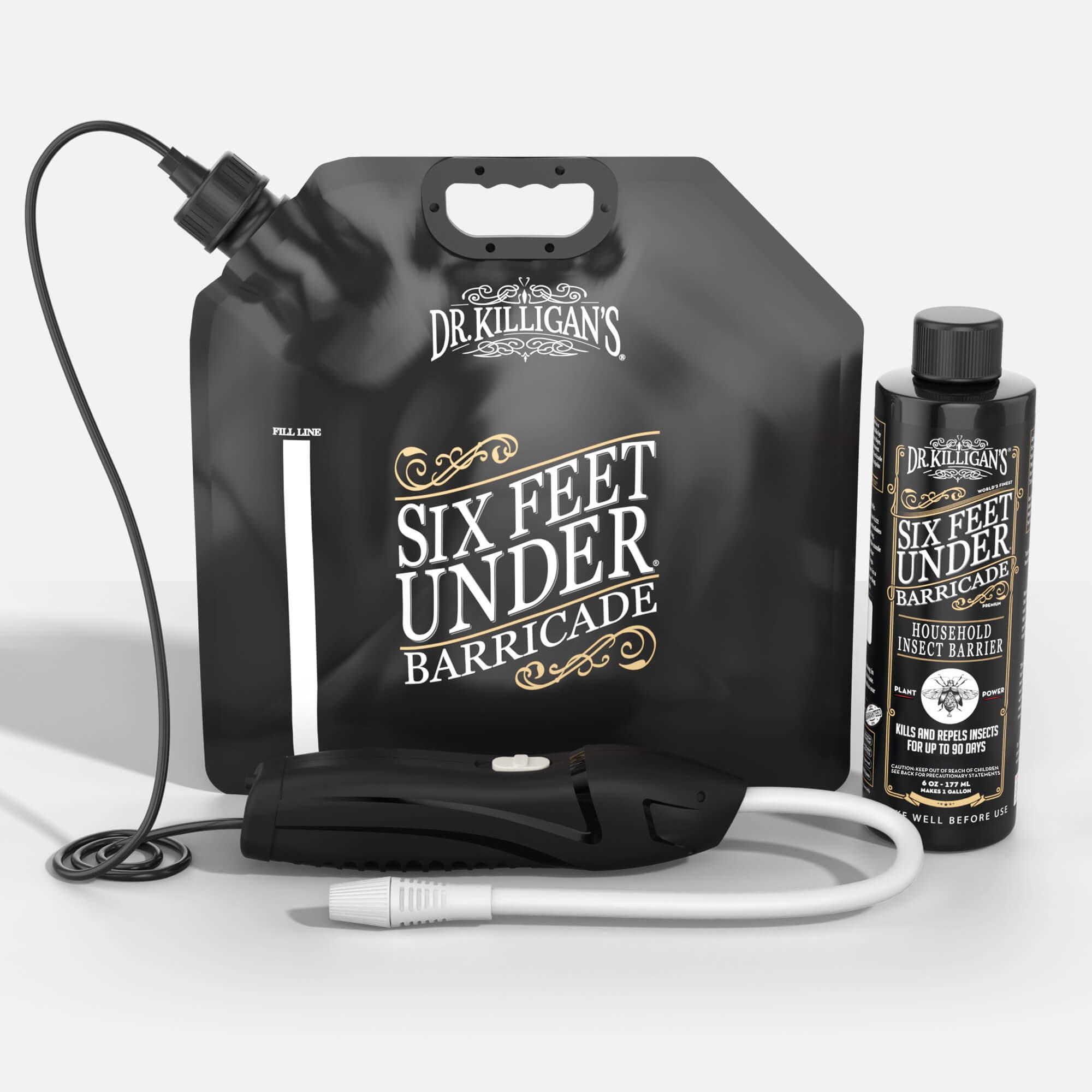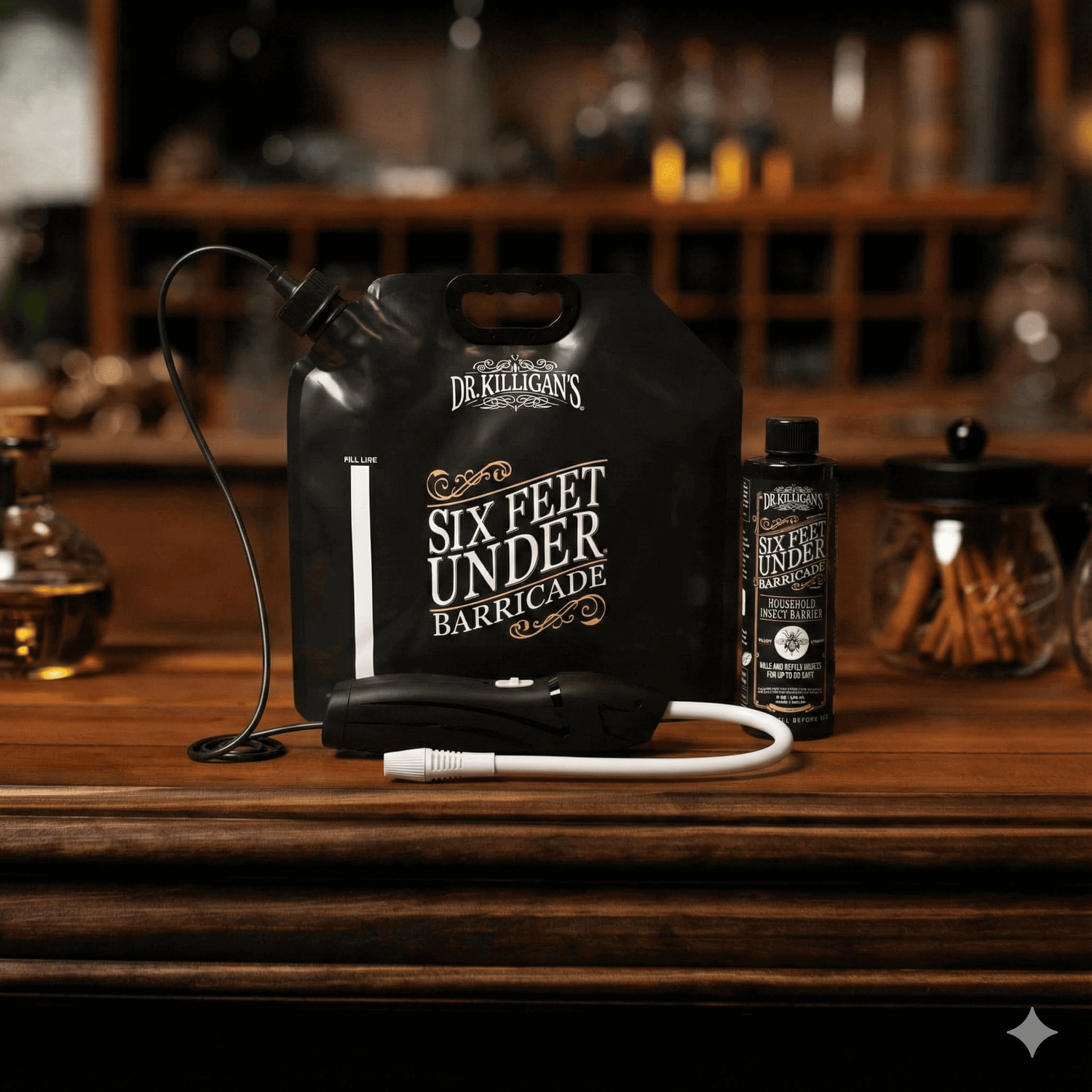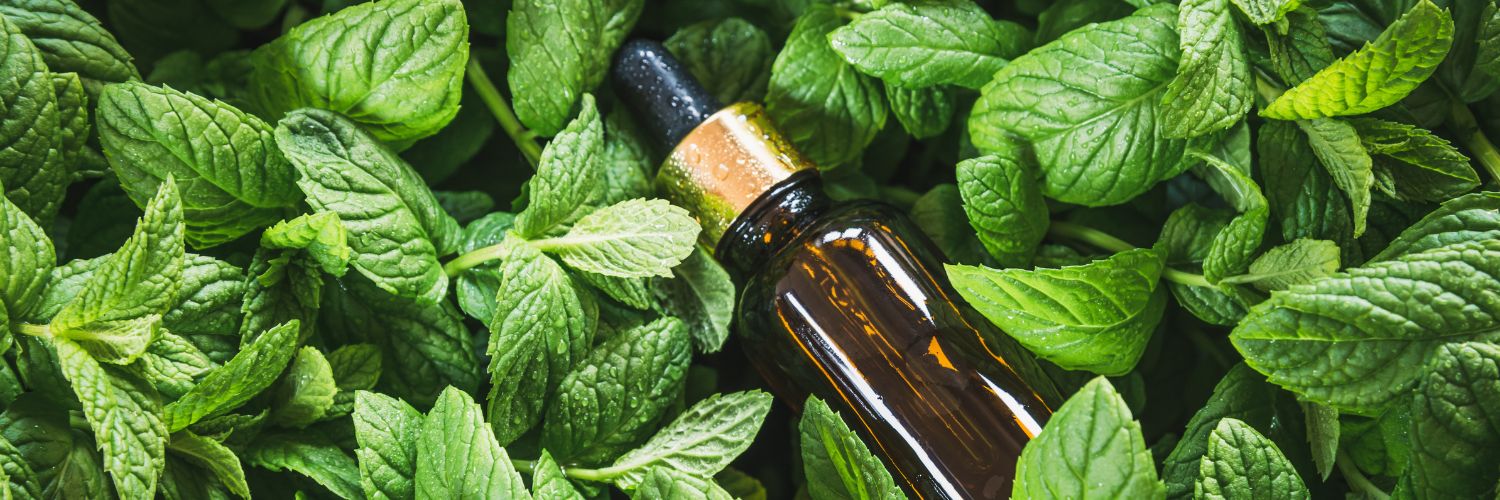We all have our doubts when it comes to pest control. Especially when it comes to a method we are unfamiliar with. Even more, when it is something we cannot pronounce. Yet, when we have a bug issue that is taking over our home, we become willing to take a chance. But we want a safe product that will protect us, our children and pets, and our environment. Is that product Diatomaceous Earth? Is DE powder safe?
What is DE?
Diatomaceous Earth, or better known as DE, is a naturally occurring compound from the earth’s crust called diatoms. Diatoms are the fossilized skeletons of algae that become a type of sand called silica. This silica is found in two forms, crystalline and amorphous (non-crystalline). The crystalline form of DE will vary in their concentrations of silica:
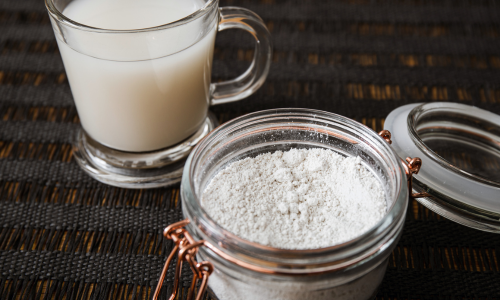
Food Grade
Food-grade DE is low in its concentration, 0.5-2% crystalline silica, and safe to use in food areas. The interesting thing about DE is that it is safe for human consumption, but deadly for bugs. The food-grade DE is even used as a dietary supplement by some.
Filter grade
Filter Grade, also known as pool-grade, is up near 60% crystalline silica. Now you would not want to drink this as a protein shake. This is highly toxic and hazardous, especially if inhaled. This form is only designed for a specific purpose, filtration. There are special handling instructions and specific gear needed when using.
The DE powder grade that is most used and the one we are discussing for the remainder of this article is Food Grade.
How safe is food grade DE?
One of the surprising things about DE is that some have found that it has unique health benefits. It is now being used as a dietary supplement in some circles. While these benefits are limited in their scope and are scientifically unfounded, it does show that food-grade diatomaceous earth can be consumed and is safe. However, you should still be careful around this powder. Inhalation is always a danger, especially over the long term. When you are around DE always ensure you are wearing a mask.
How do I stay safe when I use DE powder?
When you purchase DE Food Grade Powder, it generally comes in a bag. So, there will be a couple of times when you will need to exercise caution: filling the device you use to disperse the powder, and as you disperse the powder
Dr. Killigan’s The Insect Buster® is a bulb duster for the dispersal of Diatomaceous Earth. When you purchase your duster, we include a funnel to help you fill your bulb. It is wise to always wear a mask when filling and dispersing DE Powder.
The Insect Buster also includes an extension tool for the hard to reach areas.
The final word on Diatomaceous Earth powder

When you use food-grade DE with The Insect Buster, you have the best combination to battle any bug infestation. DE has the right mix to dispose of all types of bugs: fleas, ticks, bed bugs, roaches, ants, spiders, and more. Now you may be wondering why it is safe for me, but it kills bugs? Well, DE works differently than most insecticides. Diatomaceous Earth is NOT a poison. DE lands on the bug and it essentially removes the water out of them, and they die of dehydration. This ‘drying out’ reaction does not happen to humans.
As an alternative to diatomaceous earth, I highly recommend Dust to Dust. Our Dust to Dust Non-Toxic Insect Powder is a safer and more effective alternative to diatomaceous earth for insect control. Dust to Dust is proven to have kill times up to 50% faster than diatomaceous earth.
Don’t let insects rule your home. Stop bug bites and sleep better at night. Get rid of the gross with Dr. Killigan’s Insect Buster. Our satisfaction guarantee eliminates any risk to you, and it follows our creed of Killing Them Softly®, meaning that nothing harsh or toxic is used. If you are not satisfied for any reason, contact us, and we will not hesitate to make things right.

